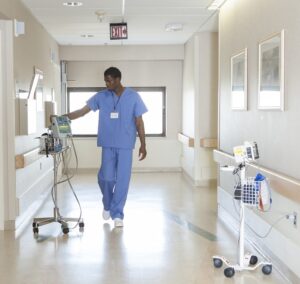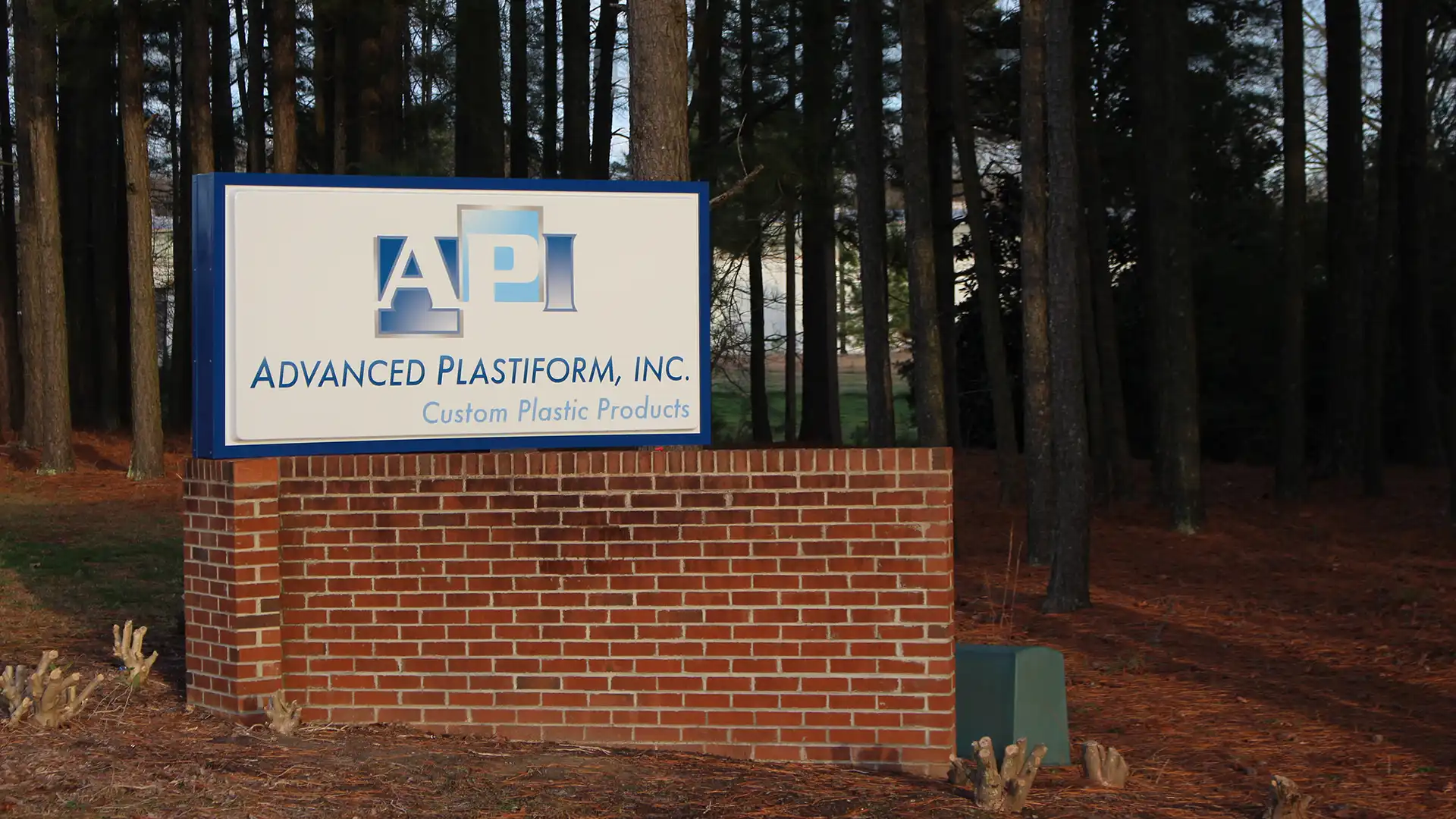When you think of the latest innovations and updates in health care and medicine, you’re…
For decades, metal was the primary source of medical devices and tools world wide, but over the past few years, plastics have become the preferred material. From prosthetic limbs and replacement joints to machines and equipment, plastics are being used instead of aluminum, steel, and other metals, but why is that? Our injection molding company is breaking down the reasons the health care industry is relying on plastics more than ever before.
Medical Plastics Reduce Costs
While there are many reasons that plastics have risen to the preferred material of choice in the health care industry, reduced costs are probably the most apparent reason. Even though healthcare costs are rising, medical original equipment manufacturers (OEMs) are pressured to reduce costs without reducing quality.

Metal fabrication, especially on a large scale, is expensive, especially for the intricate, complex designs used in healthcare, whereas plastic is significantly less expensive. With medical thermoforming and injection molding, the initial cost to fabricate the mold and tooling may be expensive, but it's a one time price while the cost of materials are significantly lower. When it comes to per-unit costs, plastics lead to long term savings. Most importantly, a reduction in cost does not equal a reduction in quality.
Injection Molding Guarantees Precision and Accuracy
Medical injection molding involves using a highly pressurized injector to force melted thermoplastic into a custom-designed three dimensional mold. Once cooled, the plastic component or part is ejected and repeated to meet the order.
By using injection molding, engineers, designers, and manufacturers can work together to create the complex, intricate pieces needed in the medical industry, and recreate it thousands of times over with accuracy, consistency, and precision.
Medical Plastics are Lighter and Smaller
While there are lightweight metals, such as aluminum and titanium, but when you need a prosthetic limb or replacement joint, the lighter weights of plastic are more comfortable to the user. Additionally, plastics can be made more ergonomic so they are easier to use and hold. Plastic surgical instruments are up to 80 percent lighter than metal, and for doctors, surgeons, and nurses, this is much more comfortable and reduces fatigue, which leads to improved patient outcomes.
A Growing Need for Single Use Plastics and Improved Sterilization
One of the biggest concerns hospitals have is preventing infection and providing a sterile environment. While metal can be sterilized between uses, increases in bacterial infections and antibiotic-resistant infection are leading to US hospitals seeking to replace multi-use tools with single-use items that come pre-sterilized and can be thrown away or recycled after use.
This actually affects medical costs, too. By using pre-sterilized plastics, health care associated infections decrease, thus, reducing costs overall.
Customizable Polymers Improve Functionality and Aesthetics
Plastics offer near infinite customization options. First, there's the functional aspects to consider. For example, addititves can be included in polymers to increase impact resistance to improve durability or increase chemical resistance, which is necessary for frequently sterilizing multi-use items, like trays and equipment housing. Anti-static coatings are used to prevent static electricity in MRIs and other sensitive equipment, and UV coatings are used to prevent plastics from breaking down in certain conditions.
From an aesthetic perspective, if you want something to be customized, plastic is easy to add aesthetic detailing to, such as texture, a screenprinted logo, or a specific color of plastic can be chosen. Metal is a bit more challenging, with aesthetic detailing more likely to rub off or be removed over time.
Learn More About Our Medical Plastic Manufacturing
At Advanced Plastiform, Inc., we take pride in creating custom plastics for the healthcare industry that are highly precise and accurate while offering fast turnaround times and low per-unit costs. If you would like to learn more about our medical injection molding and thermoforming, reach out to our team today. We work with all types of industries in the Southeast and Mid-Atlantic, including North Carolina, South Carolina, Pennsylvania, Maryland, Tennessee, Georgia, and Virginia.
Contact Advanced Plastiform, Inc.
Let Us Know How We Can Help!
"*" indicates required fields

